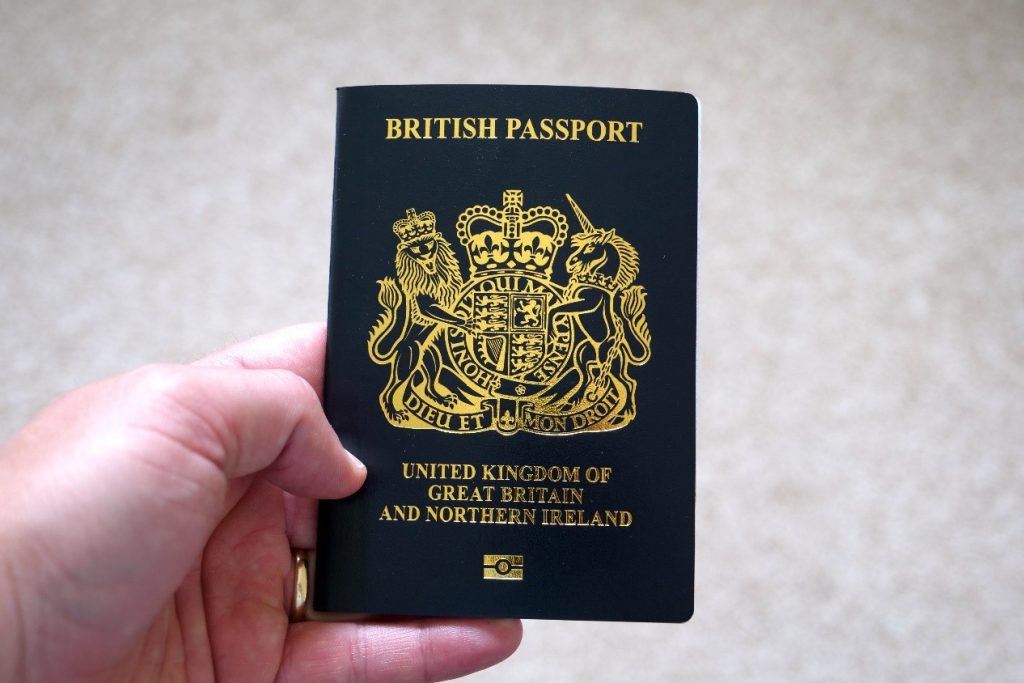Chancellor Angela Merkel is known for her determined leadership, but her position as president of the EU during this unprecedented time will be her toughest test yet. On July 1st, Merkel began her 6-month presidency of the EU council and will have her work cut out for her as they navigate the current storm.

“How Europe fares in this crisis compared to other regions of the world will determine both the future of European prosperity and Europe’s role in the world,” she said, according to cnbc.com
The EU is on the cusp of change, and the choices that are made by her cabinet will shape the future of the European Union and determine whether it will remain united, or not.
She has made it clear that she wants to ensure the unification, and political stronghold of the EU in the new future. All eyes will be on her as she navigates the union to remain steady throughout the public health crisis, the resulting economic recession, as well as rising U.S.-Chinese tensions.
Tik Tok’s 15 seconds of fame might be running out
It seems like the hottest new app on the market, Tik Tok, might face some difficulties in the near future. After allegations made by Apple that the Chinese-owned app was “secretly accessing users’ clipboards”, the US has declared that it considers banning the app over ‘security concerns’. India, the app’s largest market for the immensely popular video-sharing app, has already banned Tik Tok, as reported by Forbes.

This isn’t the first time that this particular issue has come to light, with complaints of the app accessing users’ clipboards surfacing in April. Despite the app stating that they’ve fixed that issue, this new wave of allegations seem to disprove it.
With a U.S. election coming up, along with a “worsening stand-off between Washington and Beijing”, the U.S. will most certainly use this to their advantage to further their agenda of getting rid of Chinese owned companies in the States.
No more single-use plastic for Germany
This time next year, the sale of single-use plastic will be banned throughout Germany. This decision comes after months of discussions amongst German Cabinet members. This new law follows the European Union’s directive to reduce waste in the union.

The ban will include items such as single-use plastic straws, cutlery, plates, stirring sticks, balloon holders, as well as polystyrene cups and boxes. The EU has made it clear that it aims to significantly reduce the amount of plastic waste in an effort to tackle plastic pollution. The sale of these single-use plastic items will be banned from July 3, 2021.
€800 million funding for UK border control
With the end of the Brexit transition period less than 6 months away, the British government has announced that nearly €800 million in funding will be allocated towards new border infrastructure.

“There are plans for new border posts, improved technology and hundreds of extra staff to deal with the impact of the UK’s departure from the EU’s Customs Union, regardless of the outcome of trade talks,” as reported by Euro news.
After Britain officially leaves the EU, border checks and passport control will come into effect from 1 January 2021. This €800 million funding package will be used for EU borders with England, Wales and Scotland. The plans for Northern Ireland have not been announced yet.
Estonian tourism takes off
Things are looking up for Estonian tourism as the number of travelers increase. In May, all travel came to a standstill due to the emergency situation; but in the last couple of weeks, plane, bus and ferry passengers have increased remarkably, as reported by ERR.

The average number of passengers at Tallinn Airport in June 2020 was just 8% to what it was last year. Fortunately, since the 4th of July it has gone up. The airport hopes to increase the number of passengers to 30% by August. An airport spokesperson stated that the airlines are looking to restart their routes as soon as they can. Eero Pärgmäe, the sales manager of Tallinn Airport, believes that: If the infection rate continues to drop in Europe, “then people will want to start traveling again.”
The Port of Tallinn managed well during the crisis, as it was business as usual at Muuga harbor, the largest cargo port in Estonia. The quantity of cargo actually increased by a few percentage points compared to last year’s figures. The number of ferry passengers, however, dropped to 20% in the second quarter. Fortunately, the numbers are now recovering quickly.
Valdo Kalm, Chairman of the Board of the Port of Tallinn, said: “The second half of June shows that one part of the flow has recovered. July will probably show speedy recovery. I really hope that the third quarter and clear weather brings more tourists from Finland to spend their time in Tallinn.”